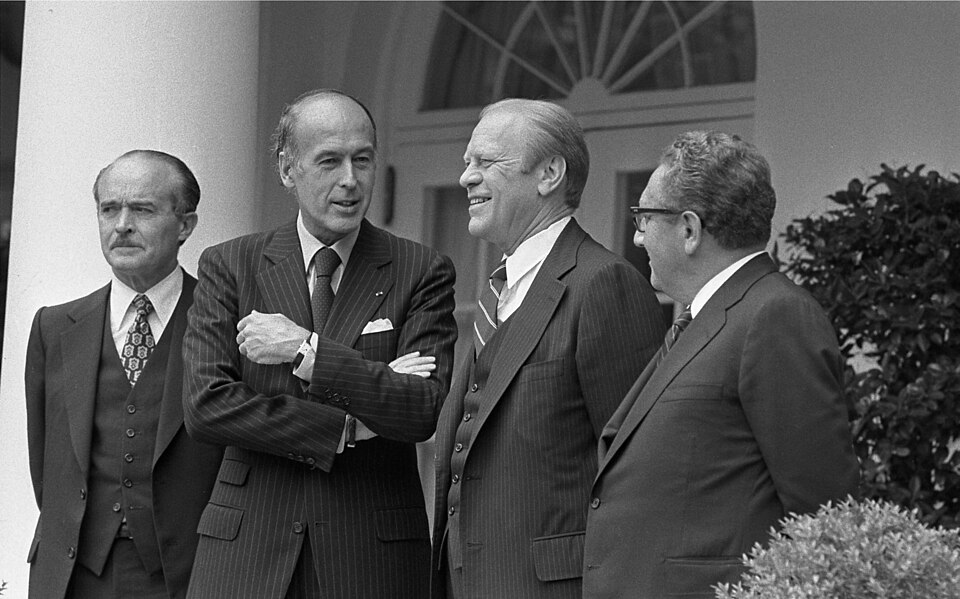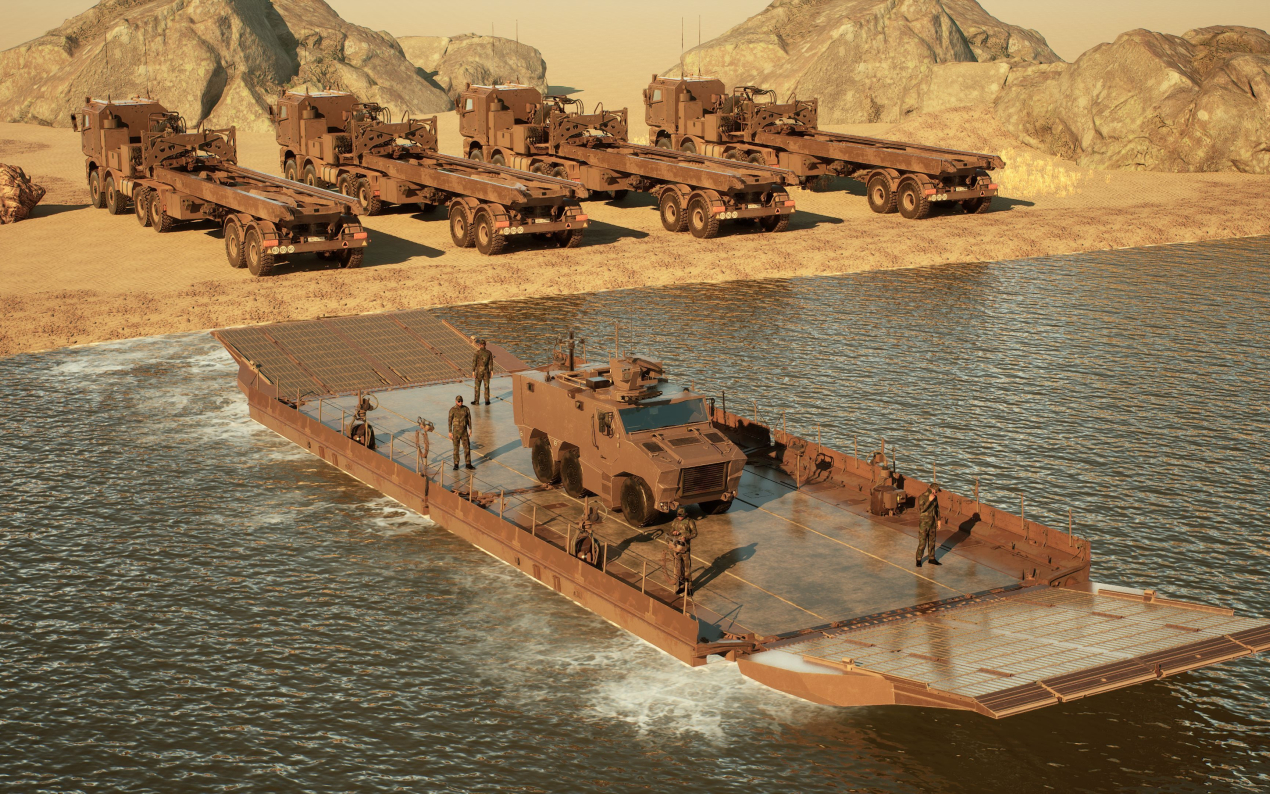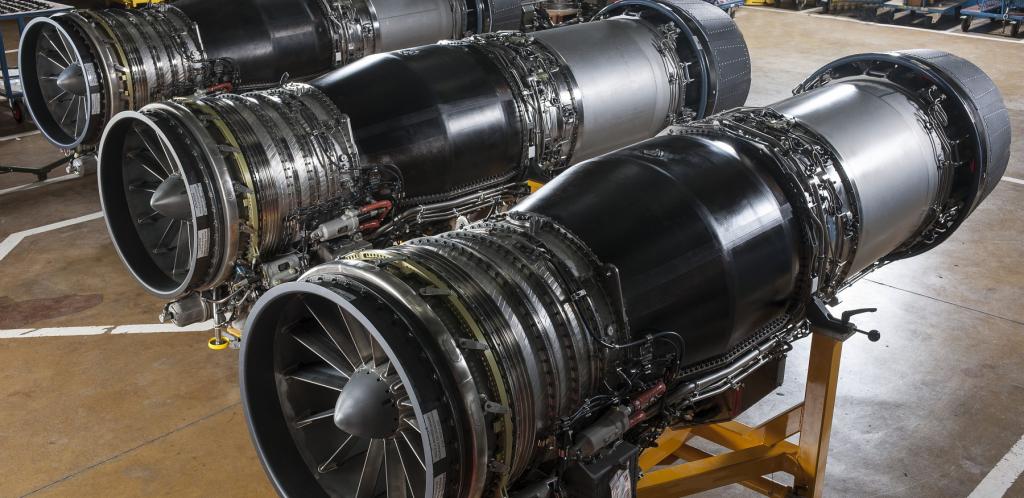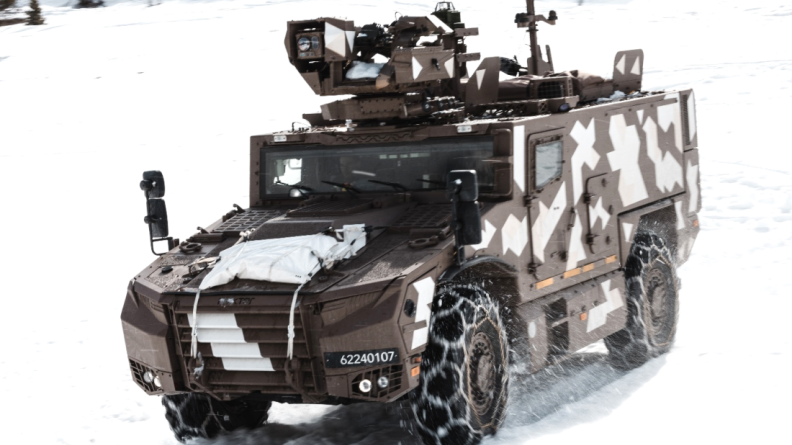La question kurde reste complexe, entre un Kurdistan irakien à l’autonomie très large et une répression en Turquie contre le Parti des travailleurs du Kurdistan (PKK) considéré comme terroriste. Les enjeux demeurent importants car il y va de la stabilité d’une aire déjà très fragile depuis des décennies, où chaque entité essaye de tirer profit de rapports de force sans chercher une solution globale.
Who is blocking the path to independence of Iraqi Kurdistan? (T 1179)

© Felix Friebe - Adobe stock
Who is blocking the path to independence of Iraqi Kurdistan? (T 1179)
The Kurdish question remains complex, between an Iraqi Kurdistan with very broad autonomy and a repression in Turkey against the Kurdistan Workers' Party (PKK) considered terrorist. The stakes remain high because the stability of an area that has already been very fragile for decades is at stake, where each entity tries to take advantage of the balance of power without seeking a global solution.
It would seem that the century-old dream of millions of Iraqi Kurds was close to realization in September 2017. It was then that a referendum in the Kurdish region of Iraq paved the way for the realization of the legal right of the population of Iraqi Kurdistan to self-determine, in the form of a sovereign and independent state.
As expected by President Masoud Barzani, initiating this important, one might say epoch-defining event, with a high turnout of voters, about 92% of their number voted in favor for the independence of the region. Moreover, not only the residents of Iraqi Kurdistan, but also the Iraqis from the adjacent so-called “disputed areas” of the country (Kirkuk, Sinjar, etc.), voted. Yezidi Kurds, Arabs, Turkomans, Armenians, Assyrians, and the vast majority of the population living in these territories also came to the polling stations.
There have never been any formal obstacles to the realization of the will of the Iraqi Kurdistan’s residents. The modern post-Saddam Iraq was created from 2003 to 2005 with the most active participation of the Kurdish minority (over 6 million people).
We must not forget that it was the Kurdish Peshmerga brigades that were the main military force, which helped the United States and its allies clear the territory of Iraq from the army of Saddam Hussein.
The new constitution of Iraq laid down the principle of federalism, which the Kurdish leaders took advantage of, creating on the basis of the Kurdish Autonomous Region (KAR). Three northern provinces became the subject of the federation of the new Iraq – Iraqi Kurdistan.
The Kurds voluntarily delegated part of their powers (foreign and defense policy) to the central government in Baghdad, retaining some very broad rights (regional legislative and executive authorities, the code of laws, courts, prosecutors, special services, police, peshmerga brigades, etc.).
The region also has the ability to carry out foreign policy and foreign economic activity (more than 35 foreign diplomatic and trade missions are accredited in Erbil), since there are two international airports. The Kurdish language was recognized as the second official language of the country; the region has its own anthem and flag.
In fact, by 2017, Iraqi Kurdistan had already become a state in a state. The decisive participation of Kurdish militias in the defeat of ISIS cells further increased the credibility and influence of the region in Iraq and the Middle East.
However, on the eve of the referendum and immediately after its end, all anti-Kurdish forces sharply intensified their activities. Authorities in Ankara, Tehran and Baghdad, united in a chorus against Iraqi Kurdistan. Statements about an economic blockade were made, even the threats of military invasion were heard.
No foreign government openly supported the referendum, with the exception of the Israeli one.
Masoud Barzani was forced to clarify that the results of the referendum are only a reflection of the will of the Kurdish people and do not mean the immediate separation of the region from Iraq. Barzani clarified that the implementation of the results of the referendum could be the business of future generations of Kurds.
In the context of the coronavirus pandemic and the collapse in oil prices, Iraq and Iraqi Kurdistan faced great financial and socio-economic difficulties. Deficits of the state budget and the budget of the region increased sharply.
A huge army of Iraqi and Kurdish officials and state employees, including law enforcement agencies, is experiencing disruptions in the timely payment of salaries and wages. It is unlikely that in this crisis, it would be appropriate to wake up the issue of the Kurds leaving Iraq, which could worsen the already extremely difficult situation of the entire population of the country, including Iraqi Kurdistan.
There are still a number of important factors that do not allow us to talk about the imminent implementation of the Kurds’ dream of creating an independent state.
Kurds voluntarily delegated a part of their authority to the Baghdad government. A number of originally Kurdish regions (Kirkuk, Mosul, Sinjar, Diala, etc.), which by the efforts of Arab nationalists, and by the same Saddam Hussein, were forcibly removed from the KAR, and where the central authorities carried out demographic purges for many years, did not enter the boundaries of the current Iraqi Kurdistan (Kurds were forcibly evicted, in their place, Arab families were brought from other regions of Iraq).
Article 140 of the Iraqi constitution provides for a peaceful solution to the problem of restoring the legal rights of deported Kurds, but the central authorities in Baghdad are sabotaging the implementation of this article in every way. Moreover, after the Kurds defeated ISIS, Baghdad demanded the withdrawal of the Peshmerga brigades from Kirkuk and other disputed areas and introduced the Shiite militia “Khashd al-Shaabi” there.
Assistance to the central authorities in this action was provided by a betrayal of the interests of the Kurds by the top of the PUK (Sulaymaniyah Talabanists, Patriotc Union of Kurdistan). As a result, what was observed were new oppression and expulsion of Kurdish families, house bombings, burning of crops, intensification of terrorist activities of the ISIS gang underground.
The problem remains the lack of unity of the Kurdish ranks. The continuing split between the leading parties in the Kurdish region (KDP, PSK, Gorran) and, accordingly, the traditional clans in Erbil (Barzanists) and Sulaymaniyah (Talabanists) still hinder the creation of a united front for the struggle for independence.
Recently, Talabanists have been trying in every possible way to isolate themselves from Erbil and pull over the “Kurdish blanket”, which is quite torn, in quite a few places. The leaders of the opposition Kurdish parties PSK and Gorran speculate that the main oil and gas fields of Iraqi Kurdistan are on their territory and that they supposedly can do without Erbil, working directly with Baghdad.
There is another very negative factor that impedes the self-determination of the region and threatens its security. Since the time of Saddam Hussein, refugee camps and military bases of the Turkish PKK (Kurdistan Workers’ Party) have remained in Iraqi Kurdistan.
The PKK functionaries are actively propagandizing among young people, involving them in various crimes and committing terrorist acts on Turkish territory, engaging in smuggling, while PKK leaders do not disdain the drug and weapon trade, the racketeering of shepherds and local residents.
Several hundred deceived Kurdish boys and girls are hiding in the inaccessible Kandil Mountains in the border region, where they are engaged in military training and participate in raids on Turkish police and military.
Turkish authorities have stepped up retaliatory military punitive operations in the border areas of Iraq, where mostly peaceful Kurds live. During the missile and bomb attacks of the Turkish Air Force and drones, local residents are regularly killed, more than 200 Kurdish villages were destroyed.
All appeals of the government and deputies of the parliament of Iraqi Kurdistan to the PKK leaders with a request to stop their criminal activities in the Kurdish region are entirely in vain. PKK militants inflict no less damage to the Kurdish population and infrastructure than ISIS cells.
It is unlikely that one can seriously talk about the future independence of Iraqi Kurdistan without putting things in order at home and without getting rid of this “fifth column” or “birthmarks” of the Saddam special services.
Now, PKK fighters are actively using Iranian emissaries such as the late Qassem Soleimani, PUK functionaries, Baghdad and Turkish authorities for their provocations.
Masoud Barzani has repeatedly stated that Iraqi Kurds cannot refuse to shelter refugees from among Turkish or Syrian Kurds on their territory, but on the condition that there are no militants with weapons among them.
The PKK functionaries, among whom there are now more and more provocateurs-Turks, are brazenly abusing the hospitality of the authorities and people of Iraqi Kurdistan and are doing more and more damage to the region.
Citizens of Iraqi Kurdistan are waiting for decisive action from the central authorities and the regional government to disarm the PKK militants and expel the Turkish PKK functionaries from the country. ♦








